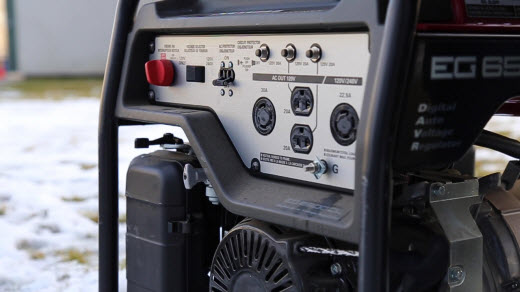Do you want to know more about your vinyl/wood/fibre cement siding on the exterior wall? Here is a very good resources website for you. https://sidingauthority.com/
For example, if you have a wood siding exterior wall. The above website will tell you about:
Wood siding, or “cladding”, is natural, attractive material used to cover and protect the exterior of a house.
Some siding is designed for vertical installation, in a board-and-batten style. Others, such as shingles, clapboards, or shakes are installed horizontally. In North America, cedar and redwood are the most preferred types of wood used for siding.
The best wood siding options include 7 types of wood as well as 7 different styles and installation methods.
- Why Wood?
- 7 Styles of Wood Siding
- 7 Types of Wood Commonly Used for Siding
- Pros and Cons of Wood Siding
- How to Choose
- Cost Per Square Foot Installed
- Installation
- What Maintenance is Required?
For more information on siding, you may go to the front page of https://sidingauthority.com/





